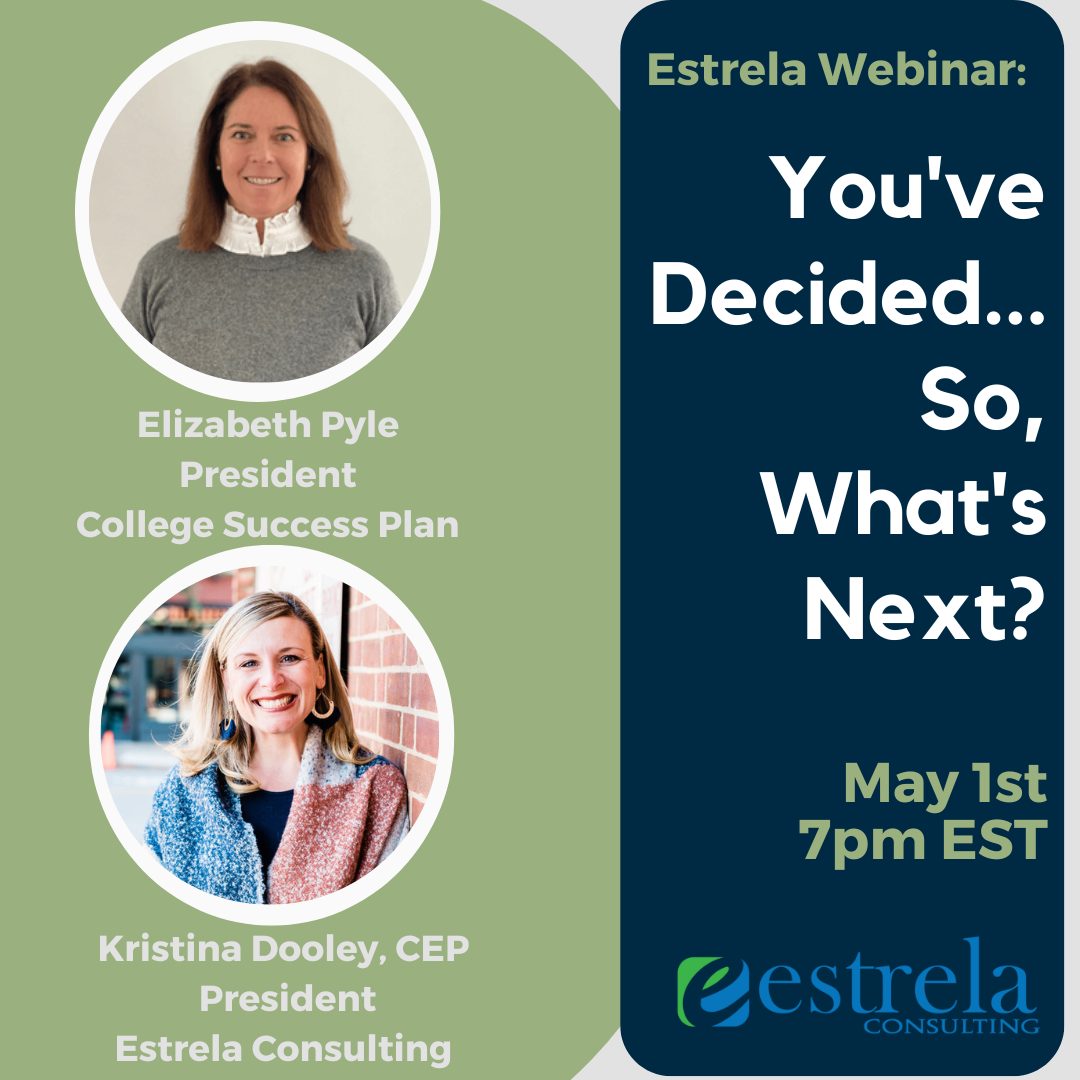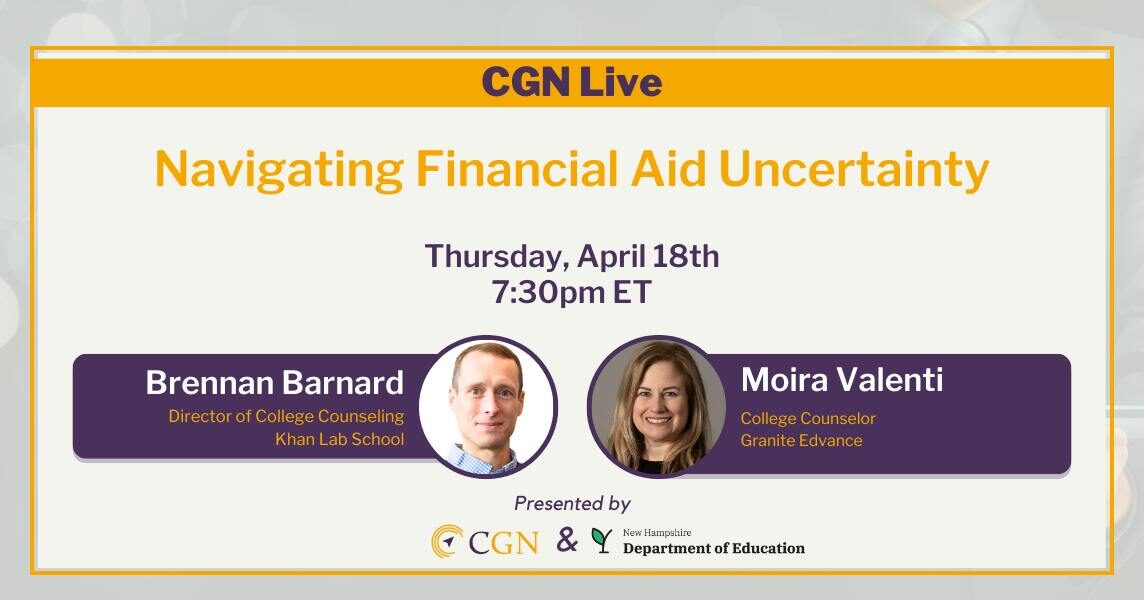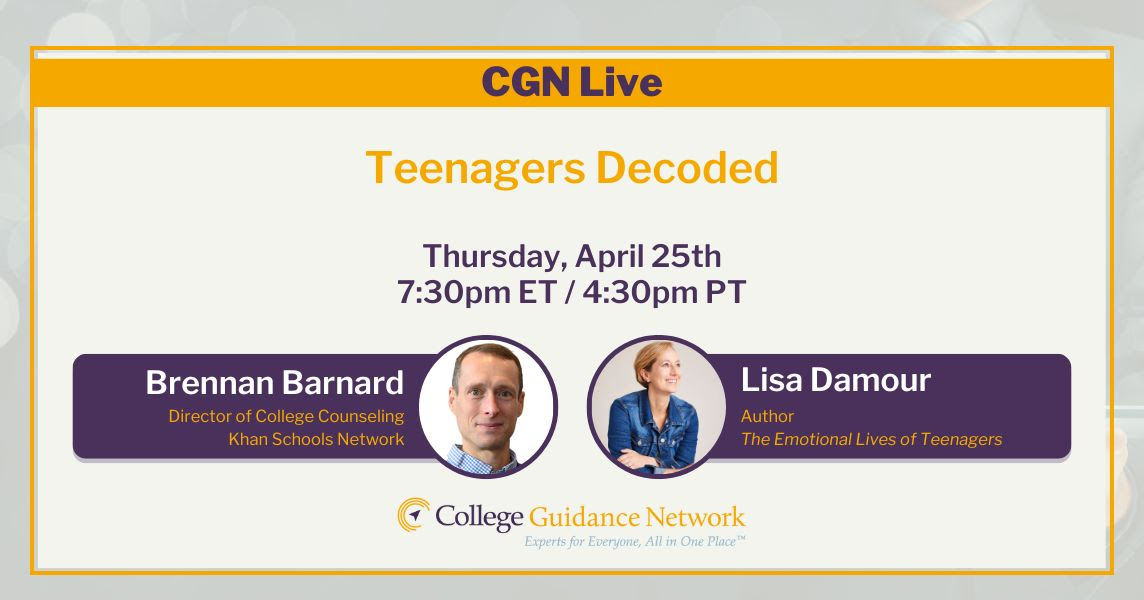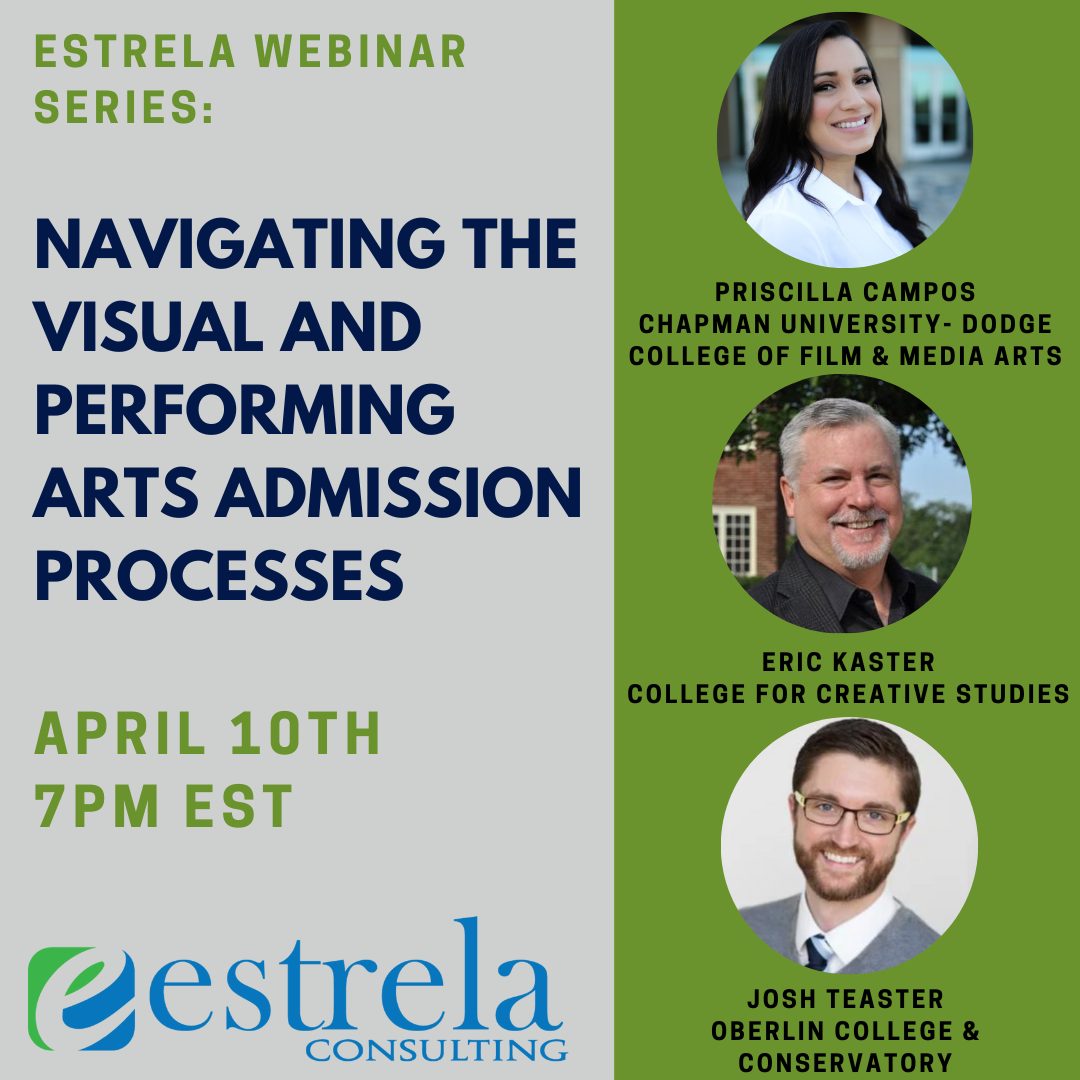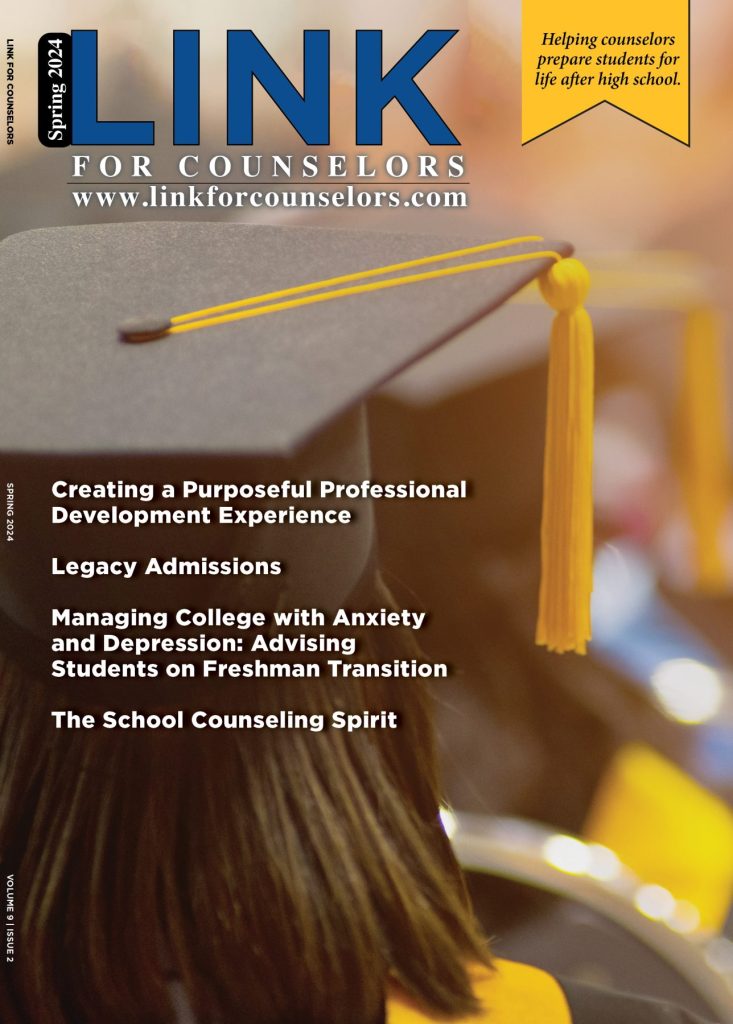SAT season is under way at the nation’s high schools. With the next test date looming
on May 4, there are a few things your students – and you — can do to calm those nerves
and tackle the SAT with confidence.
- It’s not about you.
As counselors, we do our best to prepare our students for the challenges they will face in life, school being one of the most important. Our experiences taking the ACT or SAT will do little to guide the next generation of test takers. Students do not want to hear our SAT stories, or how the score we earned got us a scholarship, or that if only their uncle Eddie had scored higher, he could have gotten into Yale. The test they will take is not the same test we took, and the score they earn and what that means for their college admissions, does not compare to our experience. The best thing you can do is to acknowledge how stressful THEIR situation is, and journey down a path of understanding TOGETHER. - Put it in perspective.
As a teacher, not a single day goes by that I am not asked by one of my high school students: “When are we ever going to need this stuff?” The truth is, they won’t really need to know the ins and outs of iambic pentameter, but they will need the skills that go along with learning it, so they can learn on their own when the need arises. This age-old conflict between curriculum and what students see as a waste of time comes down to one thing: purpose. We all want our efforts to have meaning, and the SAT is no different. One of the best ways to inspire confidence in your students come test day is not to treat the SAT as one of life’s hurdles or as a gatekeeper into college, but instead as an opportunity to showcase all the hard work they have put into learning for the past 11 years. - This is not the old SAT.
The SAT of 2024 is different in two incredible and impactful ways: 1) it has a new structure, testing different competencies and skills, and 2) it will be taken entirely on computers.
The modern SAT has three sections:
Reading. Students will have 65 minutes to answer 52 multiple-choice questions all based on short passages. The readings cover topics from literature analysis to primary historical documents, to articles about social and natural sciences. Rest assured, the test is not assessing your student’s knowledge of science or history, but instead, how well they comprehend and analyze what they have read.
Writing and Language. Students will have 35 minutes to answer 44 multiple-choice questions basically editing other people’s writing. A passage is given, and students are asked questions about the quality of the writing, the stylistic and grammatical choices made by the writer, and how the writing can be improved.
Math. The math assessed on the SAT consists largely of concepts taught in Algebra I and II, geometry and a little bit of trigonometry. Students will have 80 minutes to answer 58 multiple-choice questions broken up into two sections: a 25-minute, 20-question “no- calculator” section, and a 55-minute, 38-question section where a calculator is recommended. This is often the most challenging portion because it’s the last section and students are ready to be done testing, and also because they’re not used to answering math problems in a multiple-choice format. This is where some experience with the test can really help alleviate anxiety, so…
- Practice, practice, practice
Most test anxiety comes from the “unknowables.” The more a student knows about the test and has experience with it, the less stressful it will be. Today, students have an incredible range of resources to familiarize them with the structure of the test, the types of questions asked, and the answer options. Online resources like www.kahnaccademy.com, www.princetonreview.com and www.collegeboard.org all have free practice tests students can take along with test tips and study suggestions. Familiarity breeds confidence. - Game day prep
On the morning of test day, their job is to remove as many external stressors as possible. Suggest they wake up early and eat a good breakfast – something they like. Tell them to wake up with plenty of time to get ready but not too much time to get nervous. If they drive themselves to the testing location, get driven by a parent or take a bus, a relaxed drive, perhaps with their favorite music playing, can go a long way to making them feel at ease before the big test. They should not talk about the test. Suggest they talk about anything else.
Finally, give them a gift before they walk into that testing center. Tell them that, regardless of the test outcome, your pride in them is not being assessed, and that score has already been tallied.
To understand the SAT today, students must realize that the weight of standardized testing in college admissions has shifted dramatically. During the pandemic, many colleges adopted test-optional policies. Post-pandemic, they are struggling to redefine how to select students for their programs. New university admissions policies following a Supreme Court decision on affirmative action last year changed the landscape yet again.
What your students would like to study, what career they’d like to pursue, which colleges interest them and how college will be paid for — these are all discussions to have early in their high school years. The process can be overwhelming.
To alleviate that stress for students, you can suggest their parents take advantage of college admissions and financial planning services of organizations like My College Planning Team, which can connect students and families with admissions experts and help them create a personalized college admissions plan.
Planning ahead and remembering these simple “de-stressors” can give your students the best opportunity for success on SAT day.
Eric Flessa is a student support specialist at www.MyCollegePlanningTeam.com.
He holds a master’s in education from Oakland (Michigan) University with certificate in
English language arts and social studies and also a bachelor’s in journalism from Michigan
State University. He can be reached at MyCollegePlanningTeam@gmail.com
